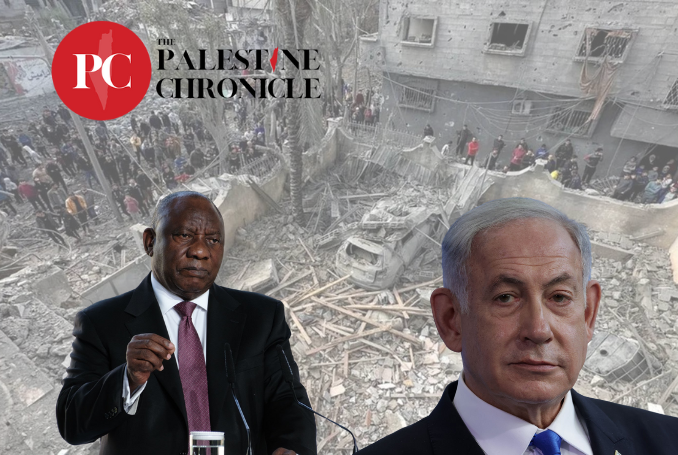
The International Court of Justice (ICJ), otherwise known as The World Court, is the preeminent transnational legal body tasked with adjudicating disputes between States.
Although many of its cases have been relatively low-profile, it has recently been plunged into the spotlight in one of the most important cases of a generation.
As one of the six principal organs of the United Nations (UN), established in 1945, the ICJ is based in The Hague (Netherlands) and specifically set up for the purpose of settling disputes between States and providing advisory opinions; based upon international law. The court is considered the top judicial organ of the UN and its rulings, Pursuant to Article 59 of the Statute of the International Court of Justice, are binding on the parties relevant to each case. The official languages of the Court are English and French.
‘Decisive Victory’ – ICJ Delivers Ruling on Genocide in Gaza
Panel of Judges
The ICJ is composed of 15 judges of separate nationalities, who undergo a process of election in order to attain their position for a term of 9 years. The World Court’s current President, Joan E. Donoghue is from the United States and its Vice President is Kirill Gevorgian of the Russian Federation.
The remaining 13 judges hail from Slovakia, France, Morocco, Somalia, China, Uganda, India, Jamaica, Japan, Lebanon, Germany, Australia and Brazil. All judges are said to be objective in their rulings, however, experts have suggested that in high-profile cases the nationalities of the judges usually play a determining factor in the way they rule. To reach a consensus, at least 8 judges must rule the same way.
All 193 UN member States are considered parties to the Statute which governs the World Court, which separates the ICJ from the International Criminal Court (ICC) in this regard.
As the two are sometimes confused, the ICJ is tasked with rulings and opinions pertaining to States, whereas the ICC is specifically designed to rule on cases that are targeted against individuals charged with the gravest of crimes and is governed by the Rome Statute, to which not all States are signatories.
Crime of Genocide
The current ICJ case, presented by South Africa against Israel, specifically deals with the allegation that Tel Aviv has violated the Genocide Convention and is guilty of the Crime of Genocide.
In this specific case, the ICJ presented its request for the indication of provisional measures on the Application of the Convention on the Prevention and Punishment of Genocide in the Gaza Strip (South Africa v. Israel).
Although a provisional ruling on cases concerning Genocide often comes within weeks, in order to reach a final ruling the process normally takes years.
The power possessed by the ICJ when it comes to the South African case against Israel, is the ability to render provisional measures in the short term.
‘False’, ‘Outrageous’, ‘Antisemitic’: ICJ Ruling Infuriates Israeli Officials
The International Court of Justice does not command a military and so cannot physically intervene to enforce its rulings, yet in the event that it determines that a State has presented a legitimate case that genocide is being committed, this now binds 153 States that are signatories of the Genocide Convention to take measures to prevent a Genocide.
The current case of South Africa was widely considered to be one in which the ICJ’s very legitimacy is on the line and was understood to be the test of the court, which could help advance its image or to undermine it as being incapable of rendering important legal rulings during times of crisis.
The ICJ is the successor to the Permanent Court of International Justice, which existed under the League of Nations, largely seen as having been a failed project due to the outbreak and crimes committed during the Second World War.
(The Palestine Chronicle)
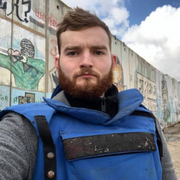
– Robert Inlakesh is a journalist, writer, and documentary filmmaker. He focuses on the Middle East, specializing in Palestine. He contributed this article to The Palestine Chronicle.



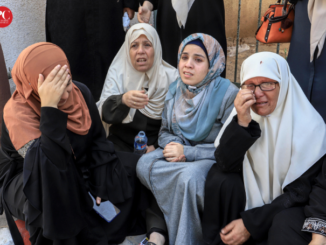
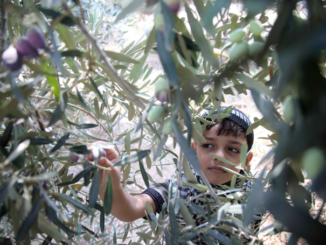
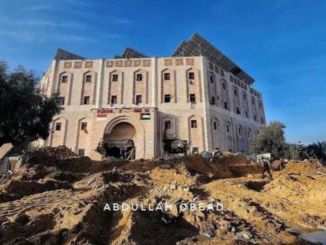


“The ICJ is the successor to the Permanent Court of International Justice, which existed under the League of Nations, largely seen as having been a failed project due to the outbreak and crimes committed during the Second World War.”😂
ICJ has failed to prevent crimes in post-WWII world.
Another useless UN bureaucracy, under US thumb!